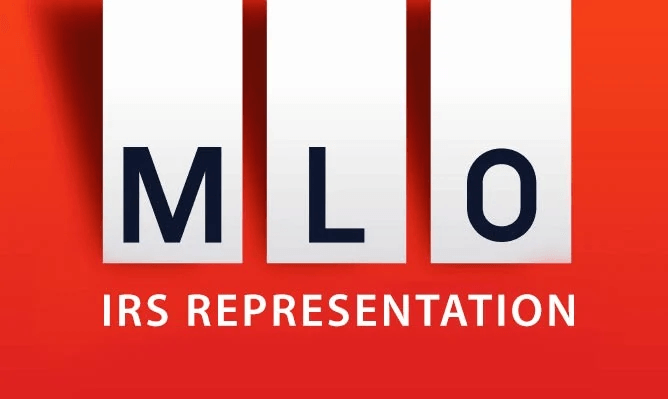Employment Tax
Businesses with employees are required to withhold income, Social Security and Medicare taxes from their employees’ paychecks.
These amounts are then paid to the Internal Revenue Service at the end of every quarter. Until these amounts are paid to the Internal Revenue Service, the business holds onto the funds in trust (meaning, for the benefit of a third party, here, the Internal Revenue Service). These taxes are therefore called Trust Fund taxes because the business holds these taxes on behalf of the Internal Revenue Service. If a business required to withhold and pay these taxes fails to do so, the Internal Revenue Service will hold the business liable for the tax, and any liens will attach to the businesses assets. If the Internal Revenue Service is unable to collect the taxes from the business, either because the business has closed or is unable to pay the tax for whatever reason, the Internal Revenue Service has the right to pursue any member of the company that the Internal Revenue Service determines was responsible to file and pay the employment taxes and failed to do so. At this point, the Internal Revenue Service may levy the responsible party’s personal assets and wages. When the Internal Revenue Service does this, this is called the Trust Fund Recovery Penalty.
The Internal Revenue Service can only assert the Trust Fund Recovery Penalty on an individual if it can show that the individual was responsible to withhold and submit the taxes, and failed to do so willfully. Some factors the Internal Revenue Service will look to in determining responsibility are power to pay, power to determine which bills are paid, power to make decisions, and authority to hire and fire.
Some factors the IRS will look to in determining willfulness include control over corporate funds, choosing to pay other bills before paying the Internal Revenue Service and knowledge that the taxes had not been paid.
The Trust Fund Recovery Penalty can be the most severe of all Internal Revenue Service civil penalties. A company could potentially rack up thousand to millions of dollars of unpaid trust fund taxes, and this could all end up falling on an individual taxpayer.
The good news is that the all the remedies available to you to resolve your income tax issue, i.e., Offer in Compromise, Installment Agreement, Currently not Collectible, etc. are available to resolve a Trust Fund Recovery Penalty. Therefore, if you cannot afford to pay it, the Internal Revenue Service will likely enter into an alternative payment agreement with you.
An Experienced Dallas tax attorney at the Margolies Law Office can defend the business from the initial trust fund assessment if it is not accurate, and if the Penalty is assessed, can defend the individual from the penalty.
Free Consultation
We will get back to you as soon as possible.
Please try again later.
SIGN UP FOR OUR NEWS LETTER
We will get back to you as soon as possible.
Please try again later.
Copyright © MLO IRS Representation 2021.
